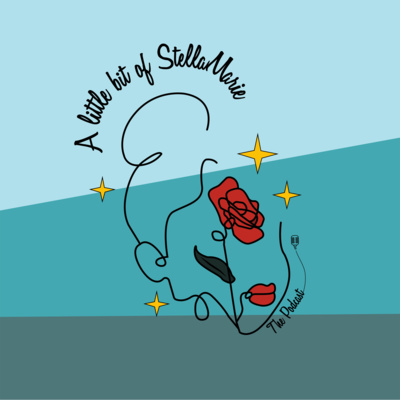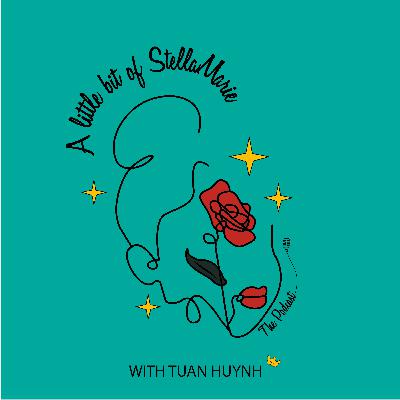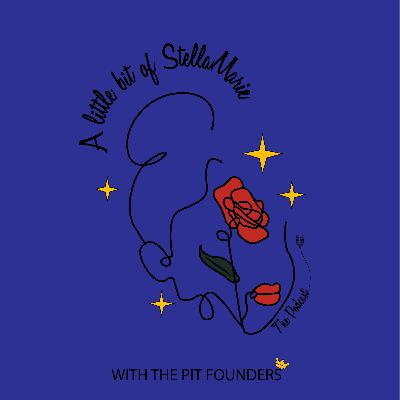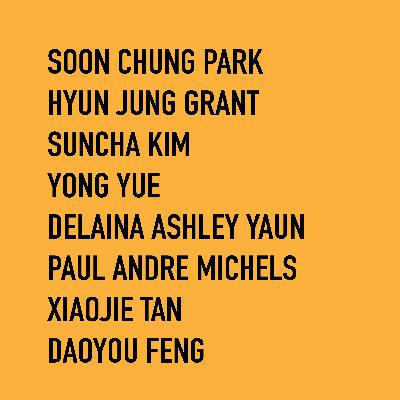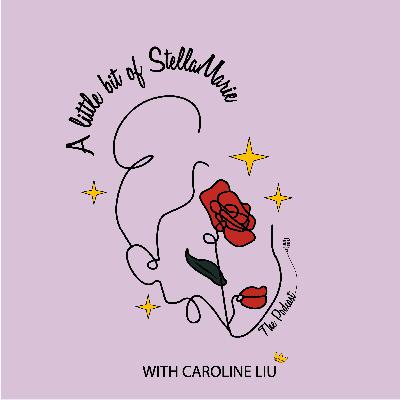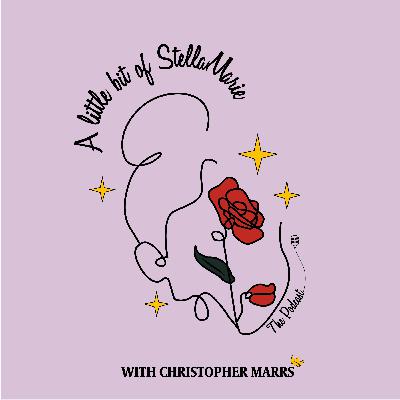Season 3, Episode 4: Navigating Life After My Father's Death
Description
As we all know, Filipino American cultural values contribute to a strong sense of community but have led to nuanced challenges when navigating depression, anxiety, and suicidal ideation. In short terms, the words “mental health” is a topic, not many Filipino-Americans talk about and are often times seen as, “Hiya,” within a household. The term hiya translates to, “embarrassment.”
In this episode, I sat down with one of my good friends, Tricia, and we spoke about how mental health is portrayed in her own Filipino-American household. Everyone’s story is different so I ask that we speak and think with kindness and understanding.
Though talking about mental health can be difficult, talking about it is an important step in helping people recover. It’s uncomfortable but it is needed. If you are having a hard time, know that you are loved. You are seen but most importantly, you are more than enough.
More about Tricia Manalansan
Tricia is a 30-year-old Filipina American who was born and raised in the Chicagoland area. She is a graduate of the University of Wisconsin-Milwaukee and majored in Communications. Tricia is the oldest of four children and a dog mom.
What She does:
Currently, she works in client services for one of the world's largest insurance brokers. She likes to spend her free time outdoors, running and is currently on the hunt for the perfect paddle-boarding spot.
Why mental health is important to me:
Mental health is important to me because, in the Filipino community, it is common to think of it as taboo. She went against the stereotype to engage in her own mental health journey and integrated ways to heal every day. You can't truly be on a health journey if mental health is not also prioritized. She wants her audience to see that healing your own mental health should be positive, rather than the perceptions of it being negative.



